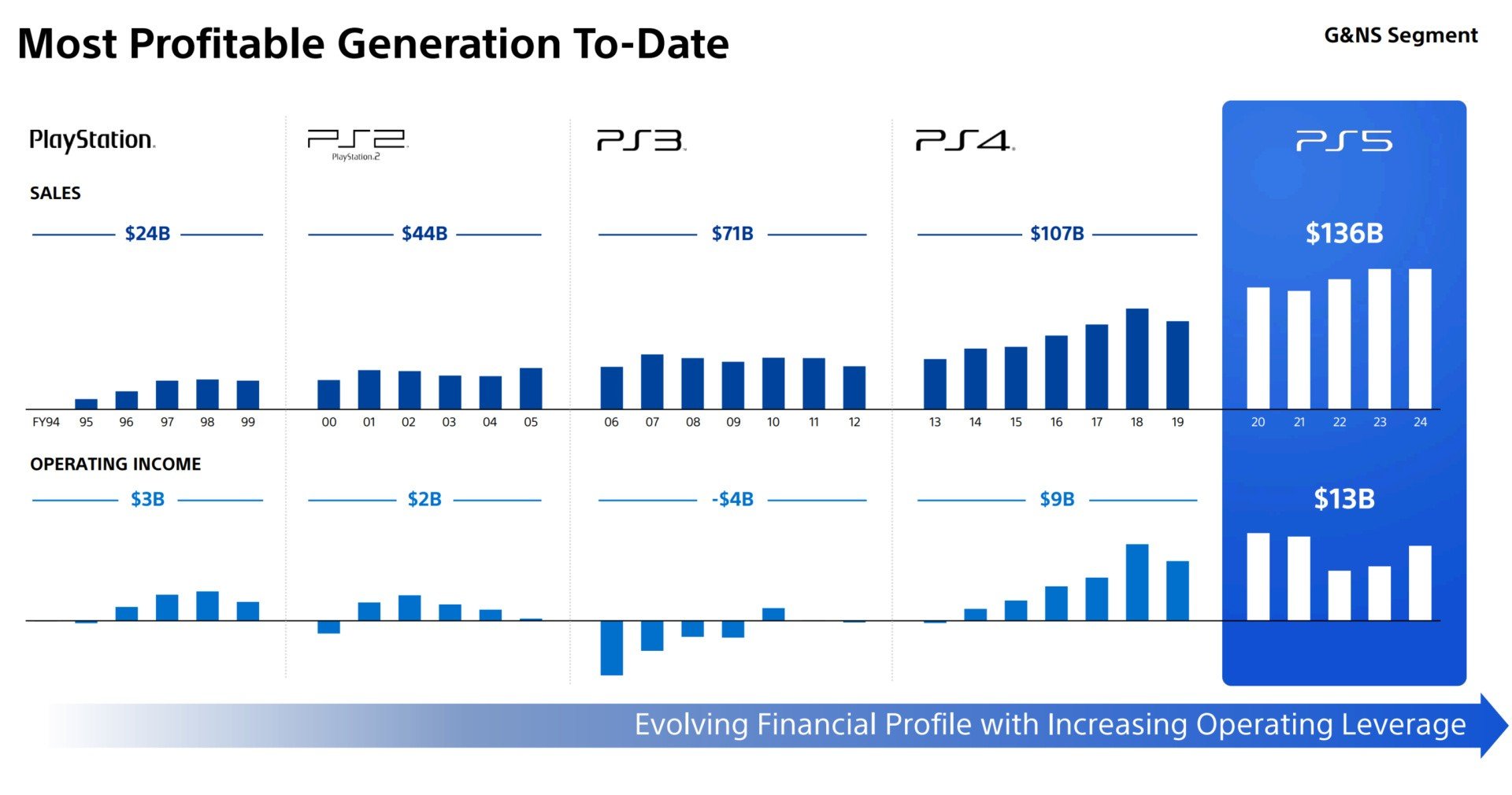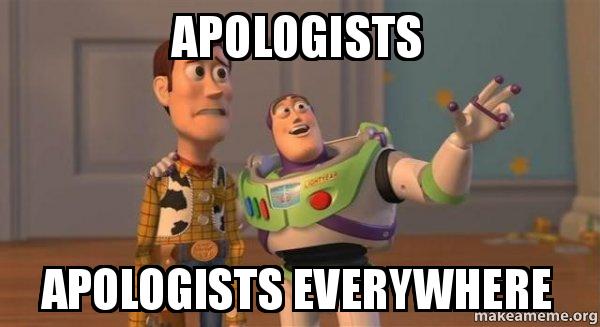One side, however, attributes that success largely to Sony's own efforts, especially the fruition of decades of work at establishing PlayStation Studios and its generally excellent pipeline of games.
The other side points out – uncharitably, if not entirely baselessly – that all Sony has really had to do for the last two generations was execute competently while its most direct competitor, Microsoft, slipped on every banana peel in sight like a painful slapstick gag that goes on for an uncomfortably long time.
There's been some criticism of Sony's first-party line-up this generation, and to some extent that may be warranted; you could certainly argue that the PS5's first-party line-up isn't as impressive as the PS4's at an equivalent point in its lifespan.
Some of that is just down to timing; a lot of key studios delivered really major titles right at the end of the PS4's lifespan and treated the ports of those titles as their first PS5 releases before settling in for a four- or five-year development cycle on their next big thing.
Some of it, though, is certainly down to strategic decisions: it's not quite clear just how much damage has been done to the release pipeline by the attempt to get key first-party studios to focus on live service games, but it has certainly soaked up significant resources with no return thus far.
Such criticism may be reasonable, but it's worth noting that it doesn't change the nature of what Sony has accomplished with PlayStation Studios – and most arguments claiming that the PS5 has been a "disappointment" in terms of first-party games tend to resort to fairly bad-faith tactics like fiddling with the definition of "exclusive" to exclude games that were later ported to PC, or games that had PS4 versions despite PS5 being the lead platform.
As the company's financials made clear this week, its gaming business is in rude health and the PS5 is, for all intents and purposes, the de facto home console as the industry enters the back half of 2025 and approaches 2026.
Its key challenges come from systems with quite different formats and use cases – expensive gaming PCs, the mostly-handheld Nintendo Switch 2, and the marginal but arguably rising threat of PC gaming handhelds are all rivals to watch, but none really threaten PlayStation on its home turf.
If Sony had one commercial mission for this generation, being established as the default home console platform by the time GTA 6 launched was it; absent any shocking last minute reversals, that mission appears to be accomplished, a success that will likely be worth hundreds of millions if not billions of dollars to the company.
Ah yes – the elephant in the room. Sony is executing well, it is capitalising on the failures of its rival, and within the games business, the planets are aligning for a very very good 2026 for the company.
In spite of the tough economic climate, the PlayStation business looks robust and Sony's confidence seems well-placed.
It's not that Sony is infallible – it's made some major errors over the years (most recently, it just can't seem to keep its badly scalded hands away from that burning hot live service stove).
Its track record for seeing off tough competitors and confounding naysayers, however, remains deeply impressive – and if the sun comes out in 2026, as all forecasts predict, then Sony will be exactly where it needs to be in order to make hay.

Sony’s confidence in PlayStation is well-placed | Opinion
There are basically two camps in any discussion of the success of PlayStation in recent years.
The writer seems a lot more confident in PlayStation than I am, and I imagine many on GAF are not that hot on PlayStation right now either.






